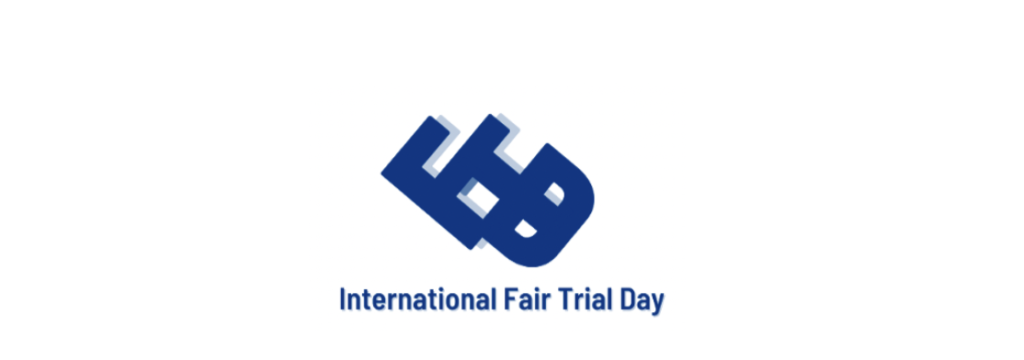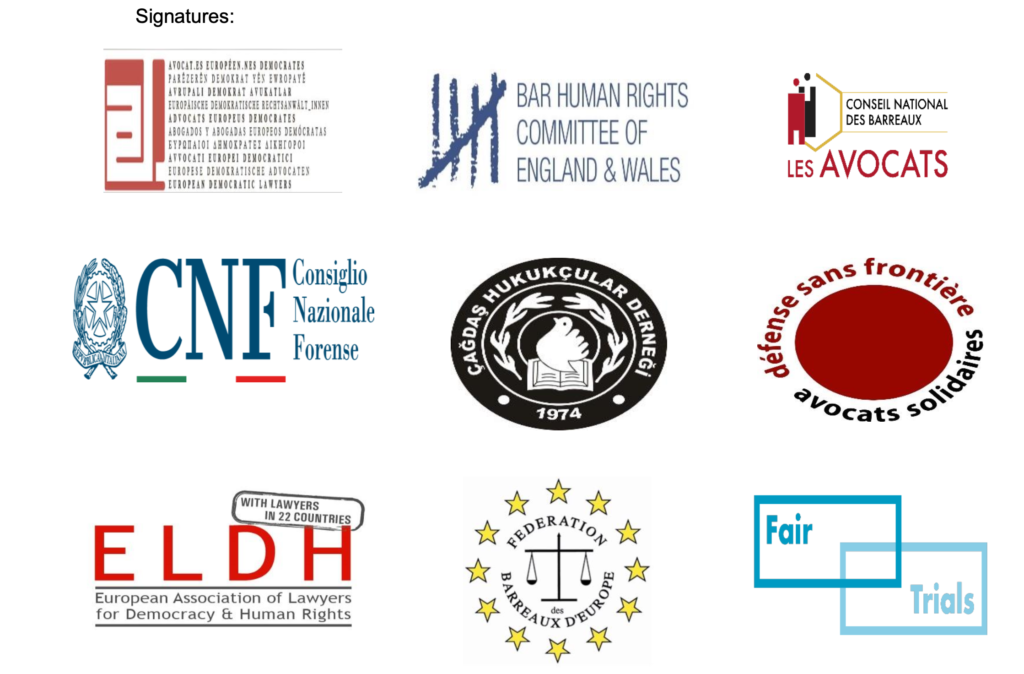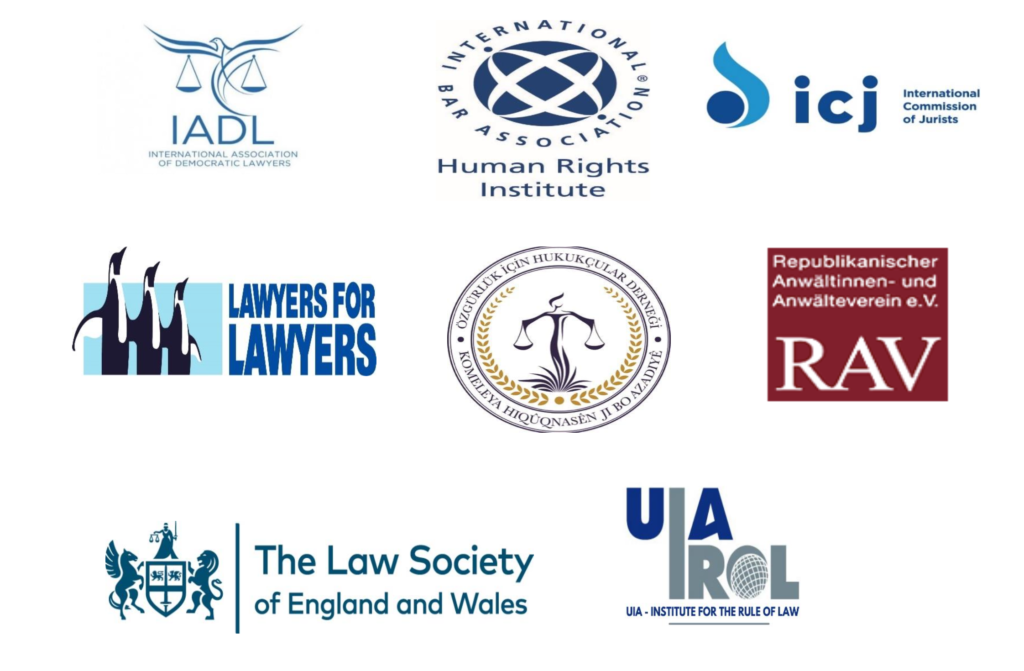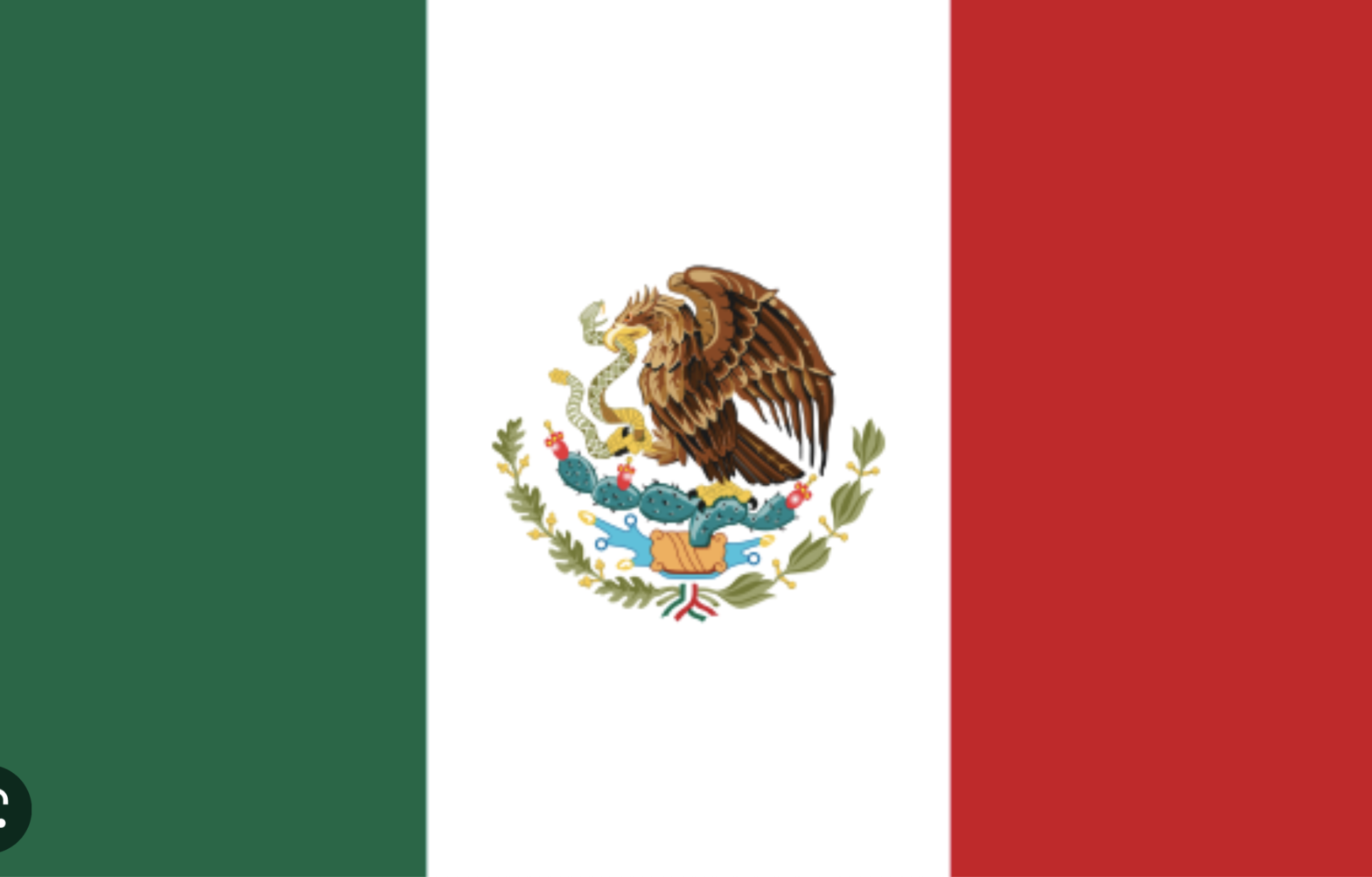Focus Country of 2023: Mexico
Call for Nominations for the Ebru Timtik Award
14 June 2023, Mexico City/Mexico

In 2021, a group of lawyers and lawyers’ organisations came together to establish an annual International Fair Trial Day (IFTD) to be observed every year on 14 June. This initiative is supported by more than 100 legal associations across the world, all of which are committed to the vital importance of the right to a fair trial and the serious challenges to due process rights worldwide. They established a Steering Group for the organization of IFTD.
The Steering Group agreed that in each subsequent year, one country –where fair trial rights are being systemically violated– would be chosen as the focus country, and an event would be organized to mark IFTD, as well as a series of activities around the event to draw attention to the situation in that country. The events include holding a conference on systemic fair trial issues and making a public statement with concrete recommendations on how to tackle these. The decision to establish an IFTD was also accompanied by the establishment of the Ebru Timtik Award. Ebru Timtik is a lawyer from Turkey who lost her life on 27 August 2020 as a result of a 238-day hunger strike she undertook to protest against the systemic violations of fair trial rights which people in Turkey are facing. Every year, on the occasion of the IFTD, the Ebru Timtik Award is made by an independent jury to an individual or individuals and/or an organisation who have or which has made a significant contribution to the defence and promotion of the right to a fair trial in the focus country.
The first IFTD focus country chosen was Turkey, in 2021. A virtual conference was held on 14 June 2021, to mark the occasion. The first Ebru Timtik Award was granted posthumously to Ebru Timtik herself. The second conference, which focused on the systemic fair trial issues in Egypt, took place in Palermo/Italy on 17-18 June 2022. Mohamed El-Baqer and Haitham Mohammadein, two Egyptian human rights lawyers who were in detention at the time, received the Ebru Timtik Award.
2023 International Fair Trial Day Focus Country: Mexico
The Steering Group has expanded since 2021 to include a number of other prominent organisations taking part in the work, all as listed below. Several nominations were received for this year’s IFTD focus country. Following due consideration of the proposals, Mexico has been chosen as the focus country of 2023. This decision is based on the following:
Reports on the situation in Mexico illustrate that many parts of the judicial system in the country suffer from systemic corruption, lack of effective protection of due process rights, ineffective and delayed investigations and trials, discrimination, and improper government influence. Accordingly, there are concerns that the judiciary of some courts and regions fail to provide an effective and timely remedy for those who are wrongly accused of violent crimes or who are victims of crimes or human rights abuses. This becomes more striking against the backdrop of an extremely high violent crime rate and impunity. Evidence of corruption within the judiciary and investigative authorities, among other state institutions, remains a fundamental concern. Reports emphasize that the involvement of the state security forces and prosecutors in criminal activities and ‘serious and widespread human rights violations, including torture, enforced disappearances, and extrajudicial killings with near total impunity’ is an acute problem.
While Mexico is overall defined as a partially free country in the Freedom House Freedom in the World Report (with a 60/100 ranking), rule of law-related factors in the assessment downgrade Mexico’s ranking. Accordingly, the ‘due process rights protection’ ranking of the country is only ¼, while the ‘judicial independence’ ranking is 2/4. The Global Rule of Law Index of the World Justice Project places Mexico at the rank of 115 out of 140 countries worldwide. Mexico’s ‘criminal justice’ ranking in the Index is 128/140, while the ‘civil justice’ ranking is 131/140. The country is among the worst 10 countries when it comes to ‘corruption,’ ranking 134/140.
Enforced disappearances and summary executions remain one of the most important human rights issues in the country, with the state institutions consistently failing to find an effective solution. In 2021 alone, at least 7,698 missing or disappeared person cases were reported, bringing the total number since 1964 to more than 100,000 people. The UN Committee on Enforced Disappearances visited Mexico in 2021 and shared its findings in 2022. These findings drew attention to the urgency and seriousness of the issue and urged the Mexican authorities to, among others, increase their efforts to combat enforced disappearances, take genuine steps to eradicate structural impunity, and facilitate coordination between different state institutions.
Mexico is rated as one of the most dangerous countries for human rights defenders working on organized crimes, corruption, and crimes by state agents. They are targeted, face attacks, and, in some cases, are killed, abducted, and tortured for their legitimate human rights activities by members of organized groups or state agents. 15 journalists were killed between January and September 2022, and between January – June 2022, 12 human rights defenders were killed in Mexico. Despite the seriousness of these crimes, the cases often remain unresolved with impunity shielding those who are responsible.
Arbitrary, prolonged, and unlawful pretrial detention, in many cases without any charges, is a further systemic issue in the Mexican justice system. Ordering pretrial detention is an obligation for the judicial authorities for those charged with several crimes without any regard to the evidence or circumstances of the case file. The widely criticized arraigo detention that allows prosecutors to obtain detention authorization for up to 40 days without a charge is a further problematic practice used to undermine the due process rights of the accused. These broad powers are extensively used by the judicial and prosecutorial authorities and as a result of their frequent application, prisons are overcrowded and prisoners face systematic human rights abuses and dire prison conditions.
In an October 2021 filing of an application to the Inter-American Court on Human Rights, the Inter-American Commission on Human Rights underlined some of these systemic issues, particularly those related to the use of detention, torture, and ill-treatment within Mexico’s criminal justice system, and recommended that Mexico:
‘Adapt the country’s legal system to permanently eliminate the concept of arraigo, including the constitutional and legal norms that uphold this practice. While this is being implemented, ensure that all judicial operators who are called upon to apply the concept of arraigo cease to do so by invoking conventionality control, in light of the corresponding inter-American standards.
Provide appropriate training for officials working at the Office of the Deputy Attorney General of Tlalnepantla concerning the absolute prohibition of torture and cruel, inhuman, and degrading treatment during investigations of all crimes, including those that relate to organized crime, and implement a simple, easily accessible system for reporting any such acts.’
Similarly, in a September 2022 statement, the UN Working Group on Arbitrary Detention called on Mexico to urgently abolish mandatory pre-trial detention provided under the Constitution. According to the Committee, ‘[o]ne of the most serious consequences of mandatory pre-trial detention has been that many Mexicans spend more than a decade deprived of their liberty, awaiting trial, without sentence and in conditions of serious risk to their lives and personal integrity. It also contributes to prison overcrowding.’
In a judgment published in January 2023, the Inter-American Court on Human Rights also condemned the pre-procedural arraigo as well as the pretrial detention regulated in the 1999 Federal Code of Criminal Procedure, contrary to the American Convention on Human Rights. The Court ordered Mexico to: a) annul (dejar sin efecto) the provisions related to pre-procedural arraigo in its domestic law; and b) adapt its internal legal system on pretrial detention.
Against this dire background, the Organising Committee of the IFTD agreed that focusing on Mexico in 2023 will help draw more attention to the systemic fair trial violations in the country. It will provide support to many human rights defenders, including lawyers and journalists, and judges who are still being targeted for their legitimate activities, who are arbitrarily prosecuted, detained, and who face trials severely lacking in due process and failing to respect fair trial principles.
The IFTD conference will be held on 14 June 2023 in Mexico and will be co-hosted by Mexico-based organisations. Further details of the agenda and the speakers who will participate in the conference will follow over the next few months. For now, we invite you to hold the date.
Call for nominations for the Ebru Timtik Award
The Organising Committee of the IFTD would like to also invite you to nominate one or more individual(s) or an organisation for the Ebru Timtik Award from amongst those who have demonstrated outstanding commitment and sacrifice in upholding fundamental values related to the right to a fair trial in Mexico. The individual(s) or organisation nominated for the award must be or have been active in defending and or promoting the right to a fair trial in Mexico through either his/her/their/its recent outstanding piece of work in relation to this fundamental right or his/her/their/its distinguished long-term involvement in fair trial issues.
The deadline for nominations is 2 May 2023.
To nominate, please send your nominations to nominationsetaward@gmail.com in English and kindly include: (1) the candidate’s detailed bio, (2) a letter signed by the nominating organisation/group of individuals explaining the reasons why they/it consider(s) that the candidate should be granted the Award, and (3) one recommendation/supporting letter from an unrelated, external organisation, if the application is submitted by a group of individuals.
For the details of the award criteria and process please see the attached “Selection criteria for the grant of the Ebru Timtik Fair Trial Award”. After the deadline, a jury composed of independent individuals who are experienced with the right to a fair trial, including one or more from the focus country, will review and assess the nominations and determine the award recipient(s).



